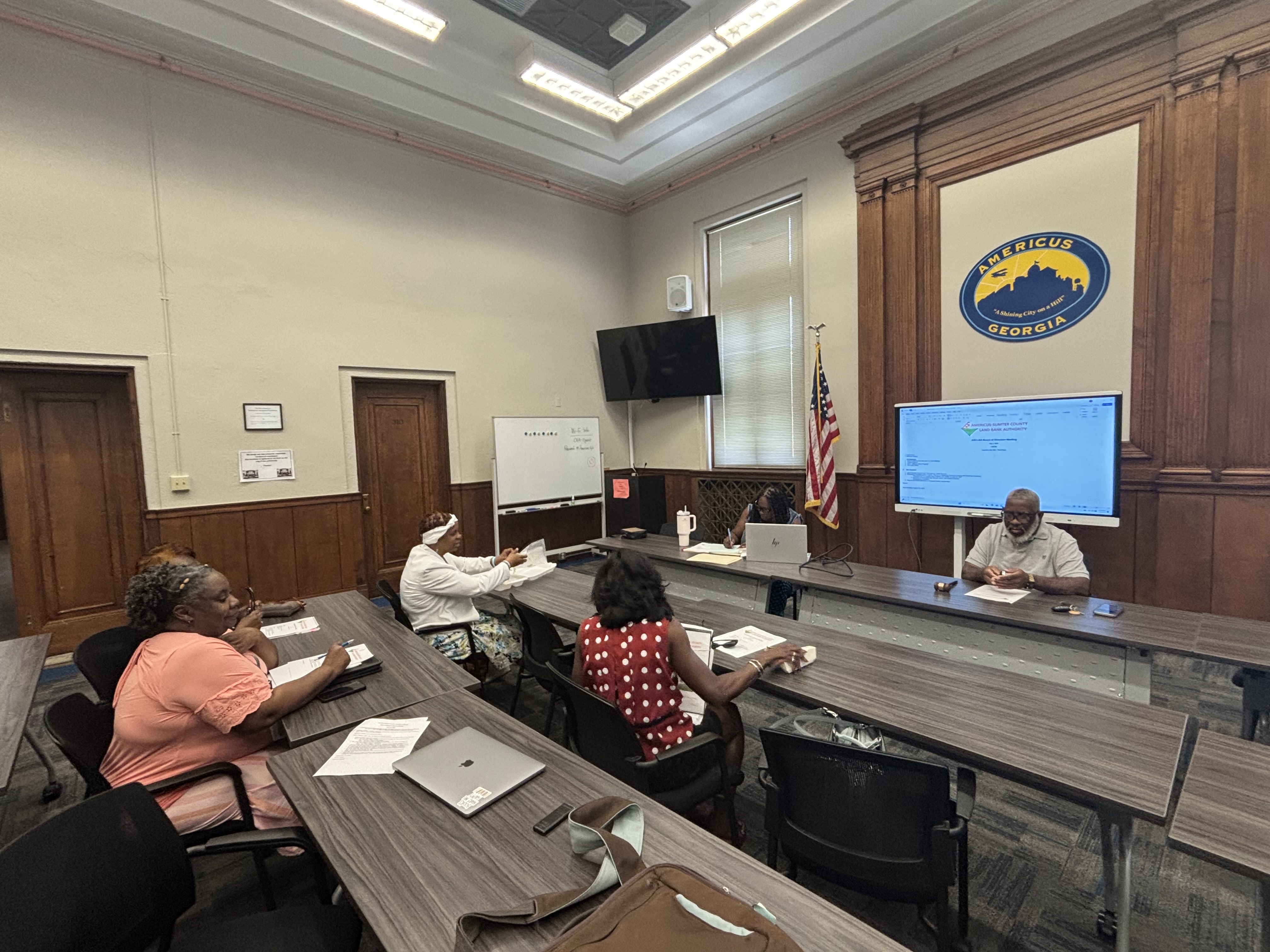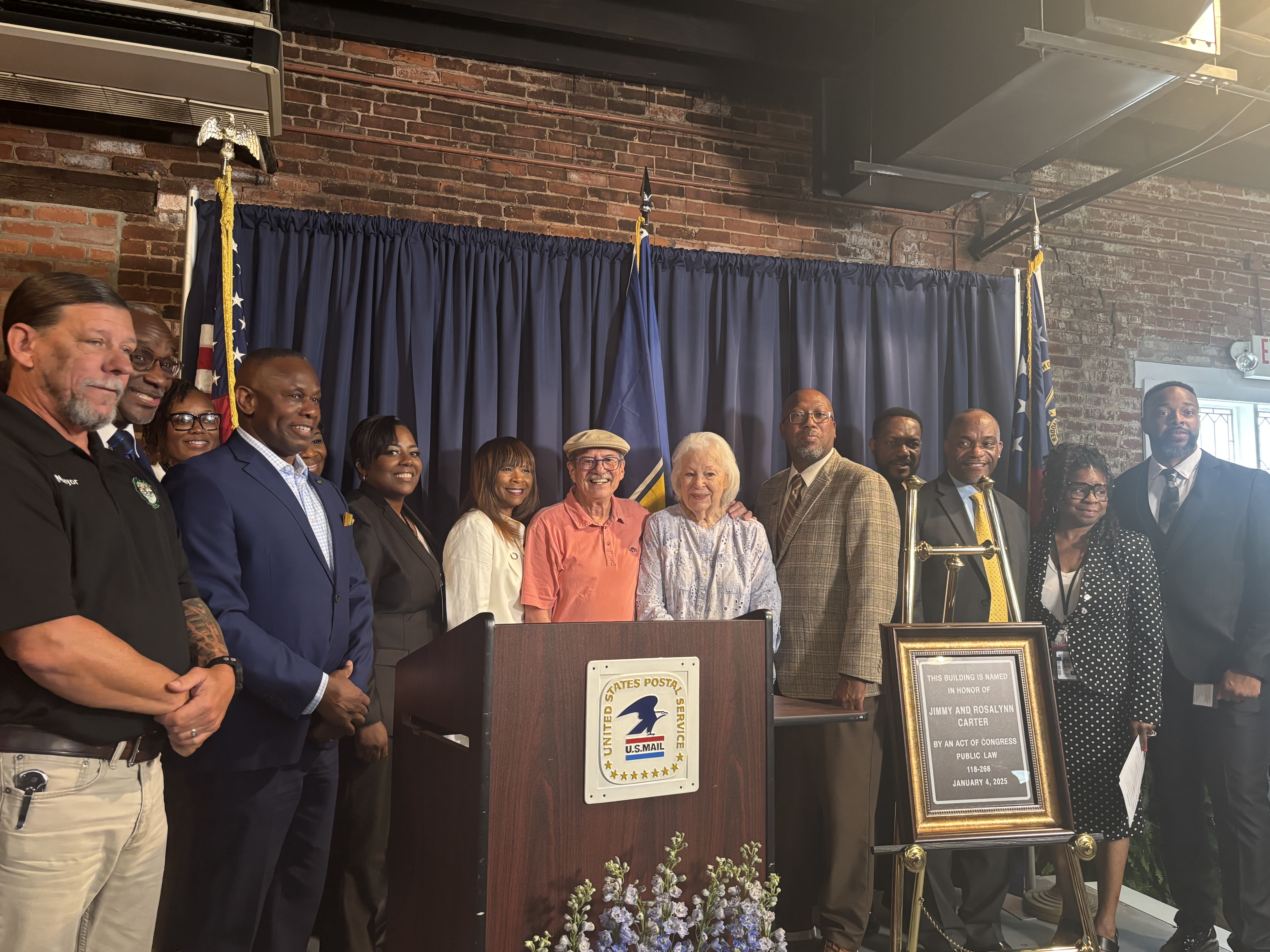Phil Hardy: What to do if you find a baby bird
Published 11:00 pm Wednesday, June 1, 2016
It’s May and songbird nesting activity is at its peak here in southwest Georgia. Parent birds make seemingly endless trips with food items for young chicks in their respective nests. The chances are good at this time of year that you may find a young bird. What, if anything, should you do?
Let’s first look at some definitions. Most songbirds hatch in an altricial state meaning they are blind and naked. They can neither feed themselves nor regulate their body temperature. On the other hand ducks, geese and Georgia’s State Game Bird, the Northern Bobwhite, are precocial and are ready to leave the nest in a matter of hours after hatching. A nestling is a young bird still in the nest while a fledgling bird has left the nest.
So let’s say you are in your yard and notice a small bird that cannot fly or is incapable of sustained flight. Many people, driven by a sense of compassion, may feel an urgency to step in and care for the baby bird. What should you do?
The first thing you want to do is observe the baby bird at a distance. Is the bird feathered? Do you see any adult birds bringing it food? If the answer to these two questions is affirmative, then you should leave the bird alone. It is a fledgling, meaning it has left the nest and is being cared for by its parents. Fledgling birds cannot fly immediately upon leaving the nest. It takes a few days and practice. But after a few crash landings and almost constant care by the parents, the fledgling will become what is known as a hatch year bird. Think of an awkward teenager. You should leave the fledgling alone and simply enjoy the moment.
But let’s say you are walking in your yard and you find a baby bird with no or partial feathering. This is a nestling bird and belongs in the nest, not on the ground. If possible, try to return the baby bird to the nest. Song birds have a poorly developed sense of smell and will not abandon the nestling if touched by a human. If you cannot return the baby bird to the nest, improvise a nest out of a plastic margarine tub or small fruit container basket. Line the container with some newspaper or paper towels and hang it as close to the nest as you can. Chances are good that an adult bird will notice and care for the displaced nestling.
Even with all of the good intentions we humans can muster, there are no better parents for a baby bird than its own mother and father. Parent birds know exactly what to feed their chicks and when to do it. Like human children, baby birds learn survival skills from mom and dad. They go through critical stages of development and suffer when deprived of the right kinds of stimulation at each stage. And, let’s not forget, that it is against the law to raise a wild or native baby bird without the proper federal and state permits.
Should you find an injured or orphaned bird, your best bet would be to contact a licensed wildlife rehabilitator. Unfortunately, my Internet search did not find any licensed rehabbers in or even near Americus. The closest were Conyers and Covington, just east of Atlanta.
Take some time this spring to enjoy parent songbirds caring for and protecting their young.
Phil Hardy, a bird watcher and bird photographer, lives in Americus.






